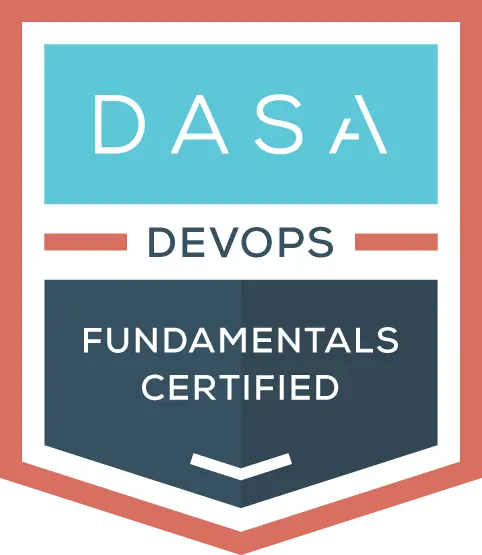With the rise of remote teams and globalized enterprises, organizations are now faced with the challenge of managing geographically dispersed teams. Bridging cultural differences and fostering collaboration among such teams is critical for achieving strategic goals and maintaining your competitive edge. This article explores strategies for driving cultural change and transforming dispersed teams into cohesive units.
Understanding the Importance of Cultural Change
Cultural change is a fundamental aspect of organizational transformation. It involves reshaping the values, beliefs, and behaviors of team members to align with the organization’s strategic objectives. When dealing with geographically dispersed teams, cultural change becomes even more complex due to differences in national cultures, communication styles, and work practices.
There are several challenges associated with cultural diversity in geographically dispersed teams. These include differences in communication styles, varying levels of trust, and distinct approaches to feedback and management. For instance, a UK team might prefer direct feedback and frequent updates, while an Egyptian team might value formal communication and prefer to share achievements post-completion.
To overcome these barriers, organizations must implement strategies that foster understanding and collaboration among diverse team members. This involves creating an environment where cultural differences are acknowledged and respected, and where team members are encouraged to share their unique perspectives.
Strategies for Transforming Dispersed Teams
Effective cultural change in geographically dispersed teams requires a multifaceted approach. Establishing common objectives is a crucial first step, as shared goals help unite team members and foster collaboration across different locations. For instance, Ahmed Saeed’s team at Vodafone successfully aligned their efforts by working toward a collective vision, delivering a centralized API management platform across multiple markets. Promoting cross-cultural understanding through awareness training also plays a vital role in bridging cultural gaps, as seen in the UK and Egyptian teams within Vodafone, where such sessions improved communication and collaboration.
Open communication and collaborative initiatives further strengthen team dynamics. Clear communication channels build trust and prevent misunderstandings, while opportunities like hackathons encourage teamwork and innovation, breaking down barriers between teams in different locations. Celebrating milestones boosts morale and reinforces the value of shared efforts. While remote work is common, occasional in-person meetings can enhance personal connections, and leveraging technology ensures seamless collaboration through real-time communication, project management, and document sharing, regardless of geographical distance.
Measuring the Impact of Cultural Change
Assessing the effectiveness of cultural change initiatives is crucial for continuous improvement. Organizations should regularly evaluate team performance, collaboration, and engagement levels. Saeed’s team conducted surveys every six months to gauge team sentiment and identify areas for improvement. These assessments provided valuable insights into the success of their initiatives and informed future strategies.
Achieving Long-Term Success
Driving cultural change in geographically dispersed teams is a complex but achievable goal. By implementing the strategies outlined above, organizations can transform their teams into cohesive, collaborative units capable of achieving their goals. Key takeaways include:
- Establishing Common Objectives: Aligning teams towards shared goals fosters unity and collaboration.
- Promoting Cross-Cultural Understanding: Cultural awareness training enhances empathy and communication.
- Encouraging Open Communication: Transparent communication builds trust and reduces misunderstandings.
- Implementing Collaborative Initiatives: Joint projects and events strengthen relationships and teamwork.
- Celebrating Milestones and Achievements: Recognizing successes boosts morale and reinforces collaboration.
- Facilitating In-Person Interactions: Occasional face-to-face meetings build personal connections.
- Leveraging Technology for Collaboration: Collaboration tools enable effective remote teamwork.
By focusing on these areas, organizations can successfully navigate the challenges of cultural diversity and harness the strengths of their geographically dispersed teams in order to succeed.


DASA DevOps Certification Program
DASA DevOps Certification Program equips you with the foundational skills to understand and implement key DevOps principles. You’ll learn how to foster collaboration across teams, streamline workflows, and accelerate delivery cycles—all while ensuring your organization is prepared for long-term digital transformation.
